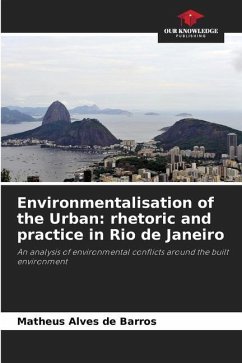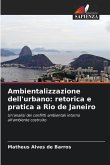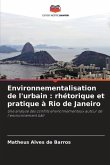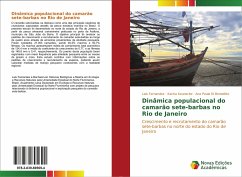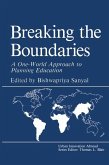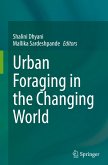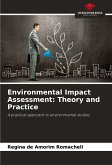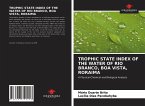The research seeks to identify and qualify the use of environmental rhetoric applied to the urban space of the city of Rio de Janeiro, on the one hand, by governments and multilateral organizations and, on the other, by NGOs and local social actors. Based on the analysis of the empirical material collected, it was explained what different social actors understand by the same categories and concepts (environment, sustainability, development and environmental justice) within the same historical context. The initial hypothesis that there would be a dichotomy between what were termed "environmentalists of the poor" (Martinez-Alier, 2009), personified by "environmentalism of the Sierra de Misericordia" (SIMAS, 2007), and official environmentalism (government environmentalism) was not sustained. In effect, it was noted that misericordian environmentalism - which at first sight presented itself as being of the poor - was configured, in certain practices, as being the same as that advocated by the government. On the other hand, however, at other times it presents elements that bring it closer to the concept advocated by environmental justice and the entire struggle for equality and guaranteed rights.
Bitte wählen Sie Ihr Anliegen aus.
Rechnungen
Retourenschein anfordern
Bestellstatus
Storno

